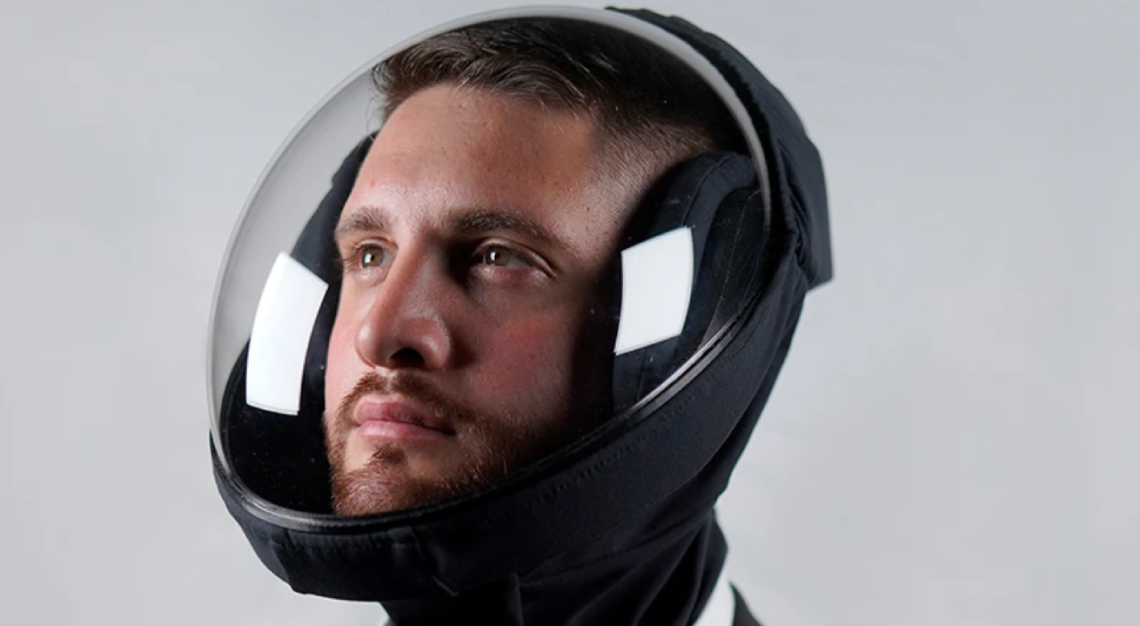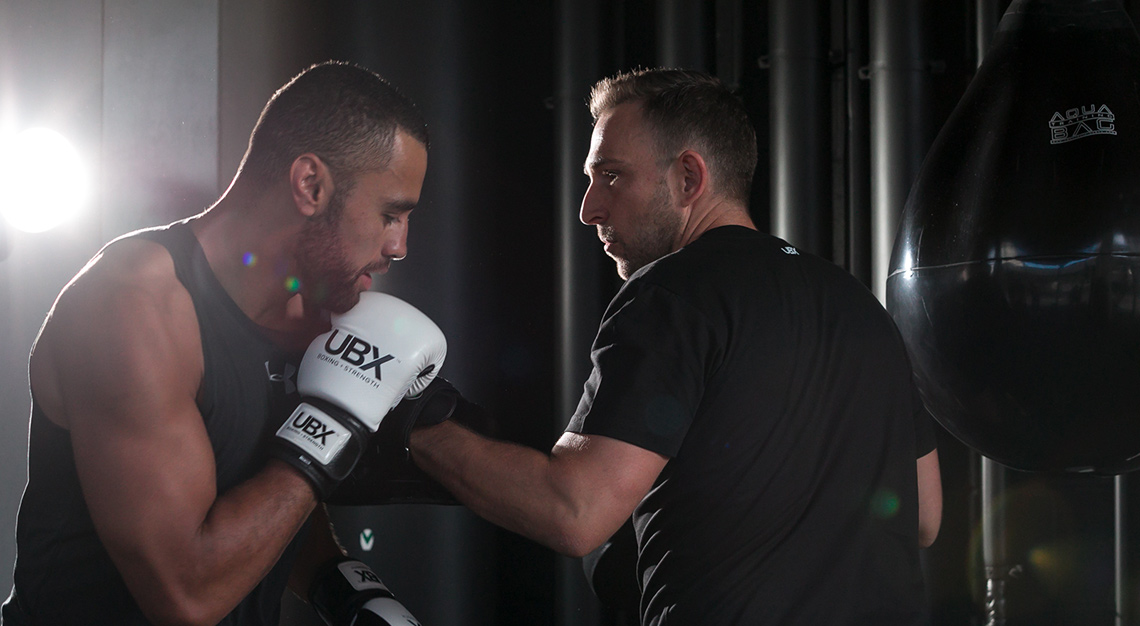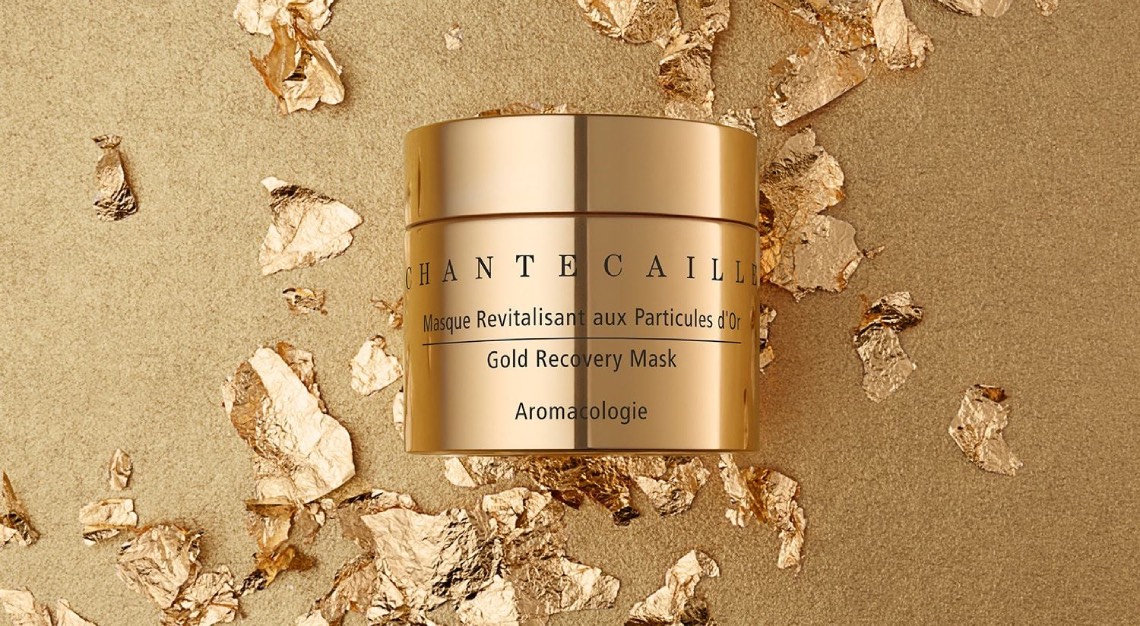We tested Katalyst’s FDA-approved muscle-stimulation righ. Here’s how it went
“In terms of your overall shape and health, I’d give you a B,” says Dr Neil Paulvin, a physician specialising in longevity and regenerative medicine at Hudson Health in New York City. Not bad for a 42-year-old, he concedes, but he also notes that since my bone-density scan reveals 25 per cent body fat and a body mass index (BMI) of 26, I’m overweight and have plenty of room for improvement. That’s all despite my four workouts per week over the past two years, and eating clean… let’s say 75 per cent of the time.
Enter Katalyst. This US$2,500 suit zaps your muscles with electricity, elevating their levels of tension and resistance for a highly effective 20-minute workout. That’s the claim, anyway. Katalyst is the first electrical muscle-stimulation (EMS) device to be cleared by the FDA for home use, and since the training sessions are primarily focused on body-weight exercises, no additional equipment is required. Ahead of my six-week trial, I ask Paulvin if he thinks it will be effective.
“Yes. It’s contracting your muscles better and faster,” he assures me. “Lifting weights activates about 50 per cent of your muscle, while EMS can activate up to 90 per cent. It can give you quicker hypertrophy [increased muscle mass] in less time and help recovery by activating the nerve endings around the muscle.”
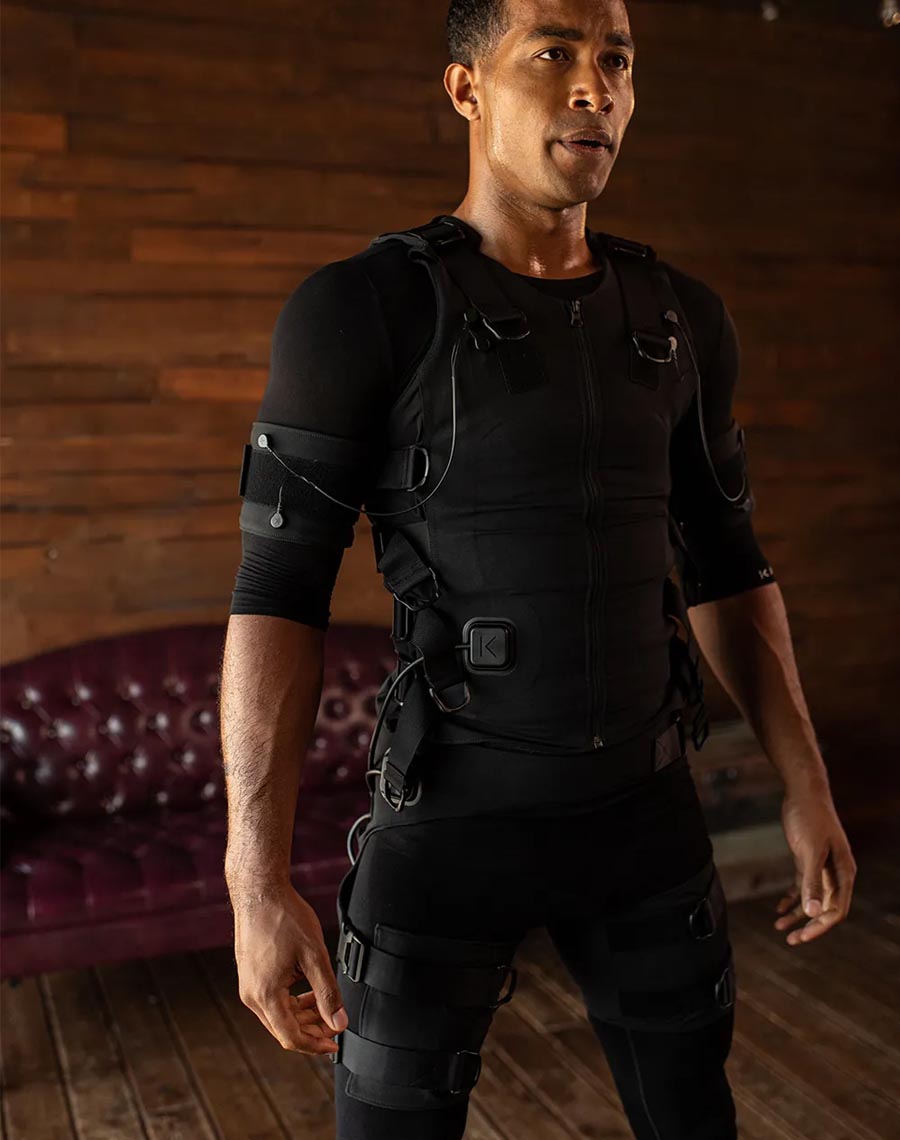
Getting into the suit is a workout in itself. First, I must squeeze into a supremely tight shirt and leggings, both made of polyamide (think nylon) for better electrical conduction. That’s the base layer. Next, after the Katalyst’s 26 electrical pads are spritzed with water, the actual suit is ready to wear, complete with 15 buckles to ensure it’s tight to the point of confinement. Lastly, the impulse pack—the battery that powers the zapping—is slipped into a thigh holster, electrodes are connected via two magnetic clamps, and it’s time to begin, even though I already feel like I could use a break. All buckled and wired, I imagine I resemble a member of SEAL Team 6, though my appearance makes a different impression on my wife. “You look like a ballerina cosplaying a soldier,” she says. Thanks, dear.
Suit control and the accompanying workouts are provided by Katalyst’s app. Dialling in the appropriate electrical intensity is a counterintuitive experience at first; it’s hard to get your brain to say, “Yeah, let’s shock ourselves more,” and allow you to tap the button to increase voltage. The goal is to have it high enough to involuntarily contract the muscles and release when the pulse stops. Pulses are four seconds on, followed by four seconds of rest.
My goals are power and strength, and the app has ample routines for both, though I wish there was a search function to locate exercises by name. My first five workouts are conducted at an intensity level of 80, which feels overwhelming. It’s common to experience the electricity more in the chest and less in the abs or legs, though you can adjust for each individual muscle group as well as for the upper or lower body. The resistance is palpable. A standing crunch is difficult and gets harder as the intensity more than doubles during the session.
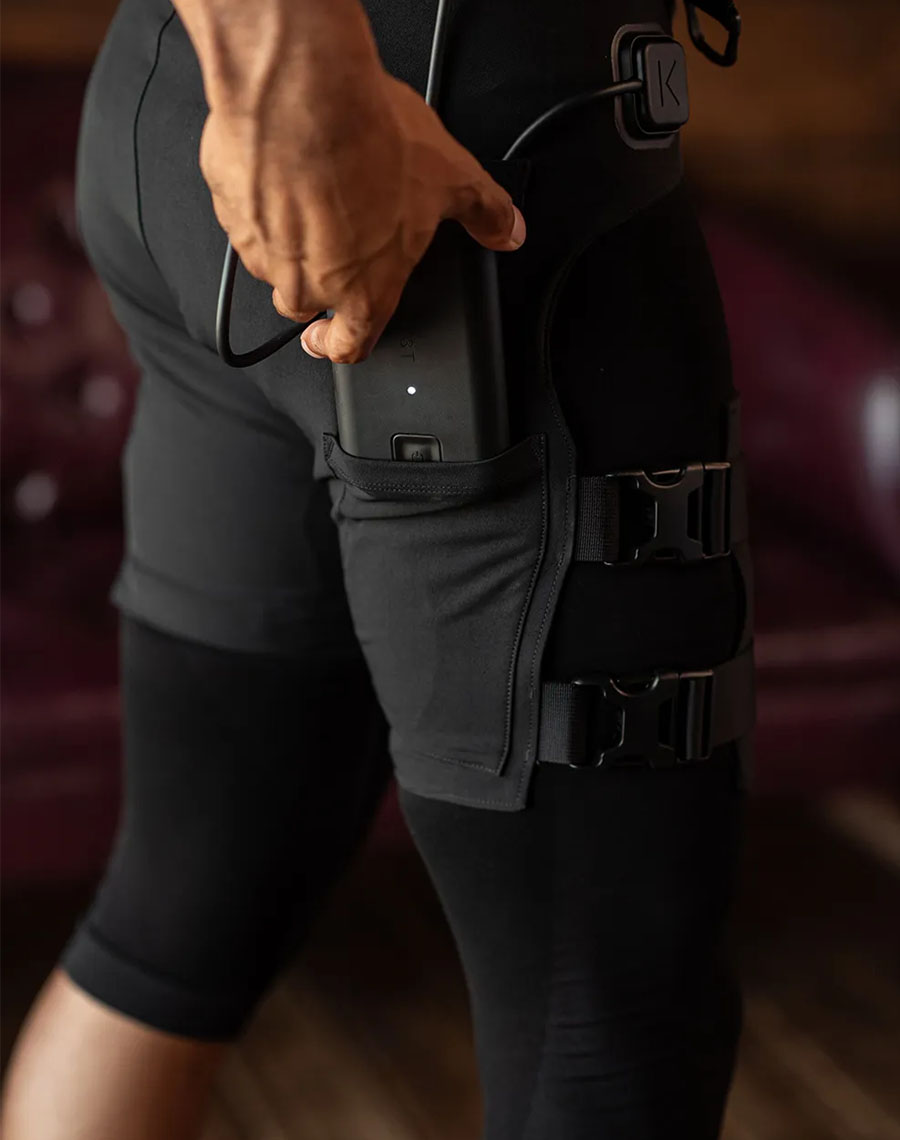
Katalyst recommends capping strength and power training to three times per week, a prescription I follow while continuing my normal weight-training regimen. I start testing my limits. At level 150, I’m twitching too hard to hit the button. Eventually, I work my way above 200 (max is more than 250), which violently vibrates my body and verges on the masochistic. With such immense resistance, simple compound movements result in pouring sweat. Afterwards, I’ve never felt as sore.
Importantly, though, my strength builds. During my regular workouts, I’m at heavier weights and higher reps of kettlebell presses, and my number of push-ups doubles. After more than six weeks, I’m back at Paulvin’s for a follow-up. My body fat has dropped nearly eight per cent, lean muscle mass is up two per cent, and my grip strength has increased three per cent. Plus, I’ve lost 2.7 kilograms. “I’d give you a B+ now,” the good doctor says. I’ll take it.
This story was first published on Robb Report USA


